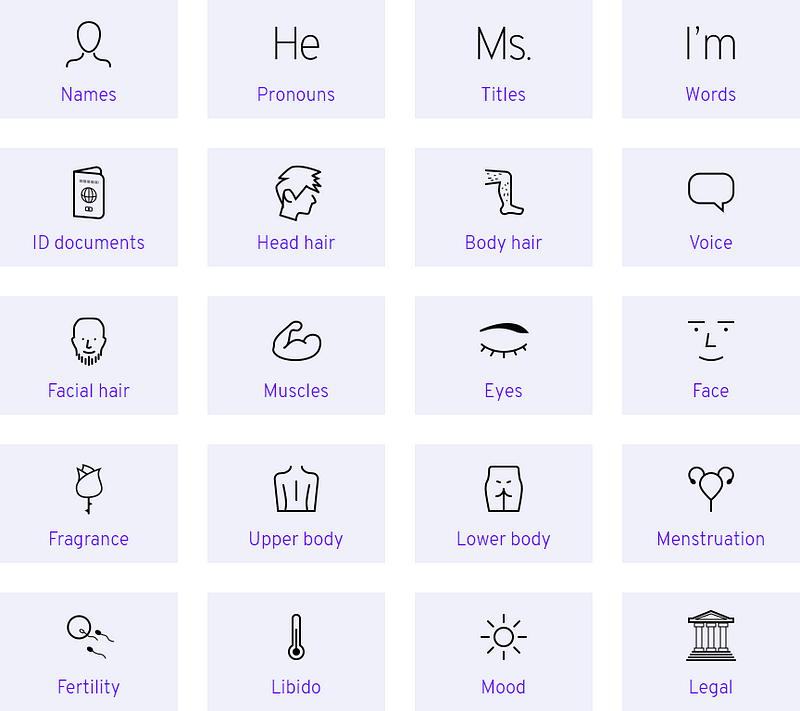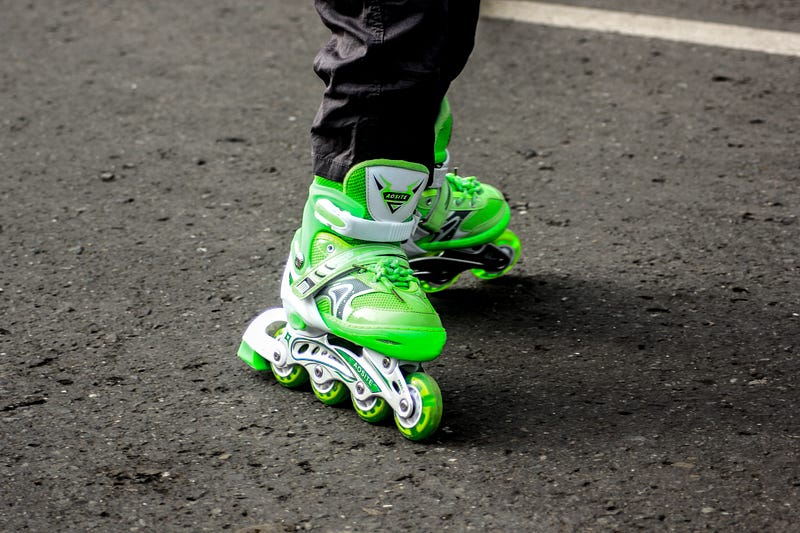Making UK sport and fitness gender diverse
In the last few years the UK has made huge strides towards being able to include people of all gender identities and histories in sport and fitness activities — whether trans, nonbinary, or otherwise gender non-conforming.
Thanks partly to the work of organisations like Trans Girls Can, Gendered Intelligence and GIRES working with them, sports and fitness organisations, venues, and clubs have started to educate their staff and members in how they can help.
So: what’s the current situation in 2018? And what do you need to know if you want to get into sport?
The big sports
All of the biggest sports organisations have now published at least some information on what clubs should do:
- Football: the FA have a Guide To Including Trans People in Football and a Policy on Trans People in Football
- Tennis: LTA British Tennis have published their Policy and guidance on trans people playing tennis
- Hockey: England Hockey have produced a Policy and Procedures for trans or transgender hockey players
- Netball: England Netball also have guidance.
- Badminton: Badminton England provide Guidance for Badminton Clubs on welcoming transsexual players.
- Rugby: RFU have Rugbysafe Essential Guide: Transgender, Transsexual and Gender Dysphoria.
- Cricket: the International Cricket Council now has a Gender Recognition Policy.
You may have noticed a pattern here of England-specific guidelines, rather than UK-wide ones. There’s a few UK-wide policies on all sports that cover you, wherever you are in the country:
- students sports have the British Universities and Colleges Sport Transgender Policy
- the Sports Council Equality Group have published two guidelines which (unhelpfully) specifically refer to transsexual people but may still be useful: 1, 2
- and finally, there’s the old 2005 Guidance for sporting bodies published by the UK Goverment and UK Sport.
But these aren’t everything in sports and fitness — if you’re intimidated by these sports, there are plenty of other options.
Athletics
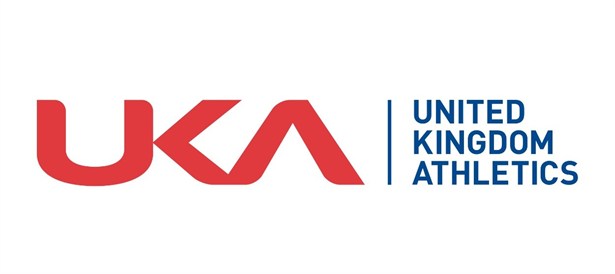
United Kingdom Athletics have published a Transgender Policy — Guidance for Athletics Clubs and Competition Providers that should be helpful to you if you’re interested in competing in athletics.
Swimming
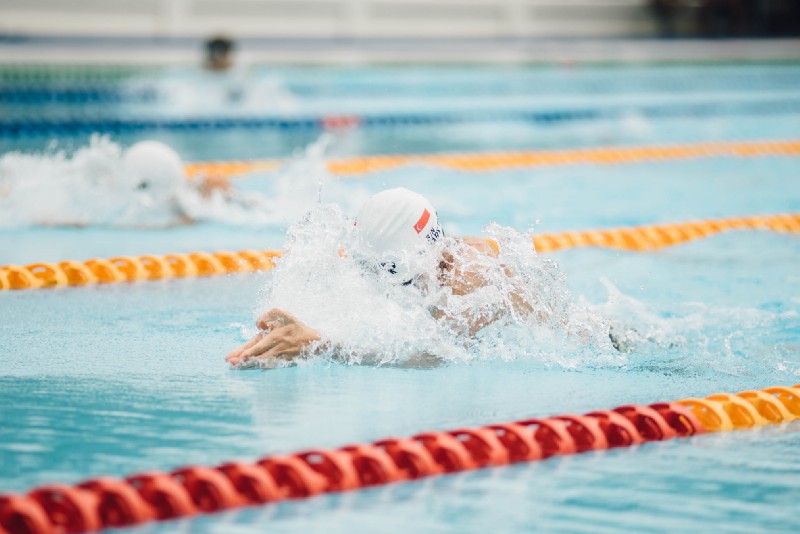
Many swimming pools and gyms now have cubicle based changing rooms and showers which may be more comfortable for you. You may want to research your local fitness facilities to find out if there are any with these kinds of facilities.
Swimming can be particularly difficult for many people as it can involve very tight clothing that can make the shape of your chest or crotch visible. If you find your chest shape distresses you, most pools will be happy for you to wear a rash vest, which can help to hide your chest shape or conceal a binder. Many binders can be worn while swimming - check with your binder manufacturer to be sure. If your crotch causes you distress, you may be able to find “swim skirt” swimwear that hides your crotch shape, or wear loose “board shorts” style swimming trunks.
In some areas of the country there are organisations running regular sessions at swimming pools where transgender, nonbinary or gender variant people can attend as a group:
- Trans Can Sport run sessions in Brighton
- Trans Active run sessions in Sheffield
- TAGS run sessions in London
If you’re the more competitive sort, the good news is that British Swimming and Swim England (what used to be the ASA) have published policies on trans competitors.
More sports
Possibly the sport that’s most famous for its active LGBT+ inclusion, the United Kingdom Roller Derby Association has had a policy for supporting trans people since 2014.
Ice Hockey: Ice Hockey UK have a comprehensive page on their website about the inclusion of transgender people in ice hockey.
Cycling: Cycling Time Trials UK have a brand new Transgender policy for 2018.
Rowing: British Rowing have a policy for transgender people too.
Looking for something a bit different?
There’s loads of fun active pastimes you can get into if you think outside of the box of traditional sports. These activities are often place much less emphasis on segregation by gender, and so are often ideal for people with nonbinary or genderqueer identities.
- skateboarding
- rock climbing
- martial arts
- circus skills
- freerunning
- rollerblading
- watersports
If you’re more of a supporter than a participant, there’s also the Trans and Non-binary Football Supporters Group on Twitter.
More information
Want to know more about supporting gender diverse groups? Our website, Gender Construction Kit could be exactly what you are looking for. We’ve got a range of information for different audiences available from our front page:
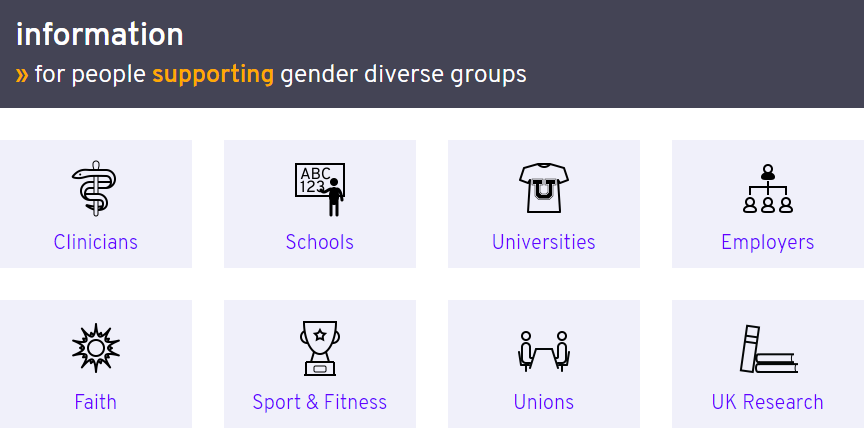
Go take a look! Our site is UK-focused and links to over 300 free PDFs published by UK organisations to download.
We believe people should be able to change things linked to gender — anything they need, to any mix they want, for as long as they like.
